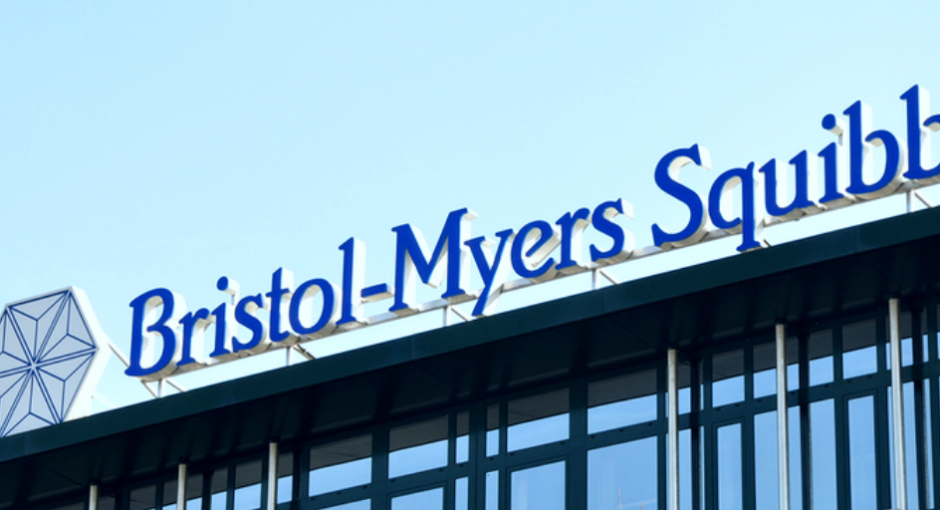340B covered entities will get none of the $75 million Bristol Myers Squibb is paying California, 27 other states, and the federal government to settle claims it underreported its average manufacturer prices (AMPs) in order to underpay Medicaid drug rebates.
California Attorney General Rob Bonta’s office confirmed yesterday that no proceeds of the settlement will be going to 340B covered entities. Bonta issued a statement about the terms of the settlement on Tuesday. The U.S. Justice Department announced in April that BMS had agreed to pay the federal and state governments to resolve the allegations against it.
The settlement resulted from a whistleblower lawsuit filed in December 2013 in federal court in Pennsylvania by Ronald Streck, a pharmacist, attorney, and former executive of a coalition of regional drug wholesalers.
According to Streck’s lawyers, his lawsuit alleged that “from 2007 to 2013, BMS treated millions of dollars in payments to drug distributors as discounts, when in fact the payments were for bona fide distribution services. By treating the payments as discounts, BMS reported lower average manufacturer prices, which led to BMS paying less in drug rebates to state Medicaid programs.”
A covered outpatient drug’s 340B ceiling price is AMP minus the drug’s rebate percentage (23.1% for brand drugs, 13% for generics, 17.1% for brand drugs for pediatric indications and certain clotting factors), or best price, whichever is lower. The calculation also includes a penalty for price increases over time exceeding inflation.
Some past settlements of lawsuits alleging that manufacturers misstated AMP or best price to avoid paying Medicaid rebates have included payments to 340B covered entities for 340B overcharges.
Under the terms of the settlement, BMS will pay $41.36 million to the federal government, of which $20.7 million is restitution. The 28 states and District of Columbia that were parties to the suit will receive just over $33.6 million.
“We are pleased to resolve this matter involving an interpretation of complex government regulations, relating to practices that Bristol Myers Squibb revised years ago,” a company spokesperson said. “Bristol Myers Squibb acted responsibly and in good faith in interpreting these regulations, and we deny that any wrongdoing occurred in this matter. We continue to comply with applicable laws, regulations and standards for Medicaid reimbursement, as we continue to work actively to improve access to care, advocate for policies that promote health equity, and help underserved patients access and afford the medicines they need.”
California AG Bonta had a different take on BMS’s actions. “Using falsification and deception to underpay drug rebate payments to Medi-Cal (CA’s Medicaid program) undermines Medi-Cal’s ability to look after the millions of Californians who rely on the program for their essential, even life-saving medications,” Bonta said. “We will continue to step in when corporations make decisions that compromise the interests, health, and well-being of our state’s residents.”
“The Department of Justice is committed to ensuring that pharmaceutical manufacturers comply with the requirements of programs such as the Medicaid Drug Rebate Program,” Deputy U.S. Attorney Louis Lappen for the Eastern District of Pennsylvania said in a news release. “It is critical that these companies report accurate pricing information used in the rebate calculations so that the government and taxpayers benefit from the program as Congress intended.”
The settlement was obtained despite the fact the U.S. Justice Department (DOJ) declined to intervene in the case just days before it was unsealed in October 2017, court records show.
The DOJ intervenes in about one in every five whistleblower cases, according to legal experts. Settlements are more likely to be reached when DOJ intervenes. Populous states with well-funded law enforcement bodies, such as California, Texas, and New York, also have success pursuing such cases and obtaining settlements.
Eyes Now Turn to Eli Lilly
Despite the settlement, Streck’s pursuit of alleged fraud continues in federal court in Chicago, where Streck is pursuing Eli Lilly and Company for the same clawback scheme allegedly perpetrated by BMS, his lawyers say.


